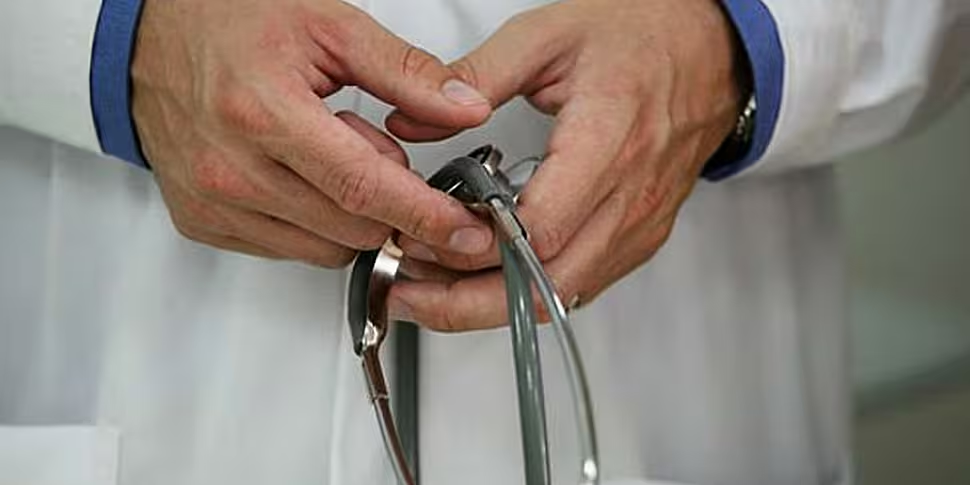The recent suggestion by Northern Ireland Health Minister Edwin Poots that patients who end up in our Emergency Departments as a result of alcohol or drug intoxication might be subject to an extra charge – in other words, a fine – reminds me of the late H L Mencken’s ironic quip: “There is always an easy solution to every problem - neat, plausible, and wrong”.
It is however understandable – and proper – that the good Minister should try to come up with a “radical” suggestion, given recent reports of patients being stuck in ambulances for hours outside “A&E Departments” in the UK (and in the Republic) before they can even get into the overcrowded facilities.
In fact, politicians of all hues and professional organisations like the British Medical Association and the Irish Association for Emergency Medicine have asserted for years that emergency departments (EDs) throughout these islands are “bursting at the seams”. This is despite much-trumpeted initiatives (such as the Special Delivery Unit in the Republic, and the 4-hour targets in the UK, by which time patients must be discharged).
However, the hypothetical “fine for drunks abusing” the emergency department is unlikely to work for a number of reasons. The most obvious of which was highlighted by Senan Molony’s report last week in the Irish Independent that as much as €45 million is already owed by patients who failed to pay the bill for their attendance at an Irish ED since 2005.
Given that those who attend our EDs due to drink and drug intoxication are unlikely to be among the more “responsible” of our citizens, pursuing an added fine seems to me to be a non-starter, even with the employment of professional debt-collectors.
Nonetheless, it is useful to have the issue of emergency department overcrowding and recreational drinking and drug-taking directly related by a high-profile politician.
Because, it really is time we had a debate about “consequences” and “choice”.
Few people can be unaware of just how difficult conditions in our perennially overcrowded EDs can be. But, equally, remarkably few people, at least among our politicians and pundits, seem to make the direct and unvarnished link between lifestyle - and its underpinning culture of “choice” – and the desperate congestion at the health service frontline.
I tend to hold health economists culpable for the crazy shortage of beds in our hospitals. The dismal scientists insisted in the 1990s that the health service in the UK and USA would be so efficient and community-based that we would need only a fraction of the bed complement of the 1970s.
However it is also the case that the great Blairite fiction – that everyone could have “choice” over all the important matters in their lives without “cost” (i.e. consequence) – has led us to the present, pretty mess.
The fact is that well over half of the 1.2 million Irish citizens who crowd into our 30-odd emergency departments each year (and the 22 million souls who flock to the A&E departments in the UK) are there “by choice”.
In other words, most patients are there due to their (bad) choices, such as tobacco smoking, alcohol intoxication, drug addiction and dabbling misuse of legal drugs and obesity.
So where in truth would you start, if you were going to “penalise” people for their bad choices – tobacco, or alcohol, or prescription drugs or head-shop drugs or e-cigarettes or sugar?
Or would you start with people who do not have a “real” emergency?
In other words, a condition that is sudden, unexpected and in need of urgent initial care, for which purpose ED staff are trained, as opposed to trying to cater for the “Anything and Everything” which some people seem to think is the longhand for “A&E”.
I’d like to think that Mr Poots’ idea might prompt a wider urgent debate about the “appropriate” future use of the emergency departments on these islands. Because, if you get blind drunk and fall asleep on the sofa with a lighted cigarette, or have a sudden cardiac arrest due to that second line of cocaine, or you take too much Warfarin with your sherry, we will continue to be there for you. Regardless.
But afterwards, it is the people (and their politicians) who must decide what the consequences will be.
Dr Chris Luke, an A&E specialist based at Cork University Hospital, Cork.









